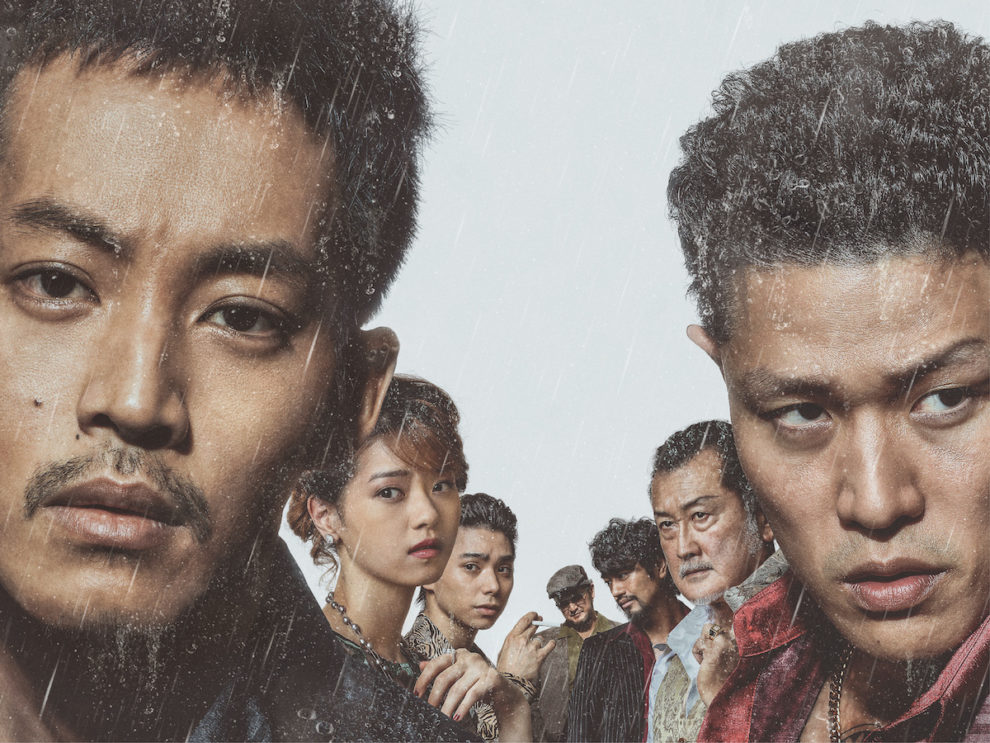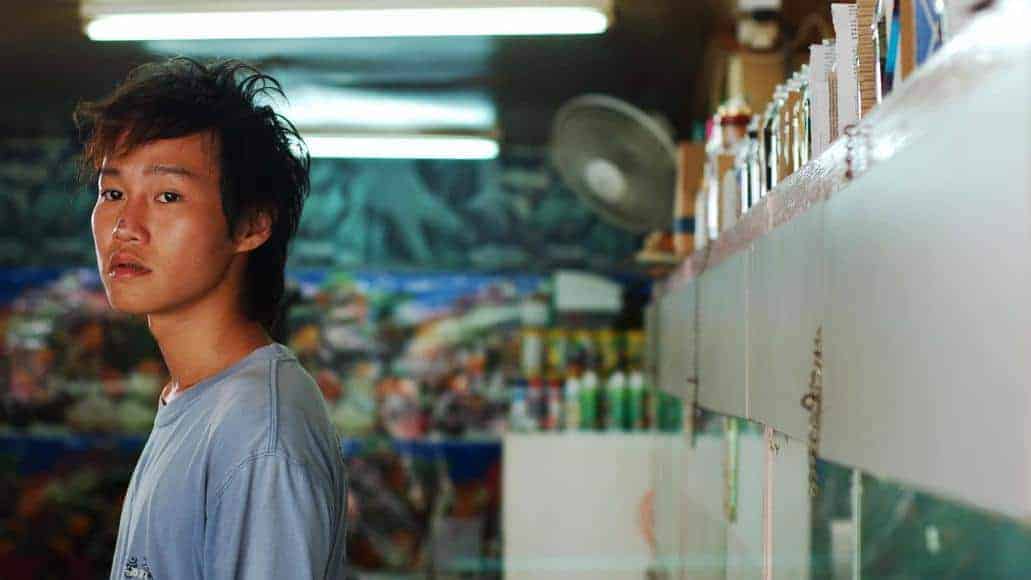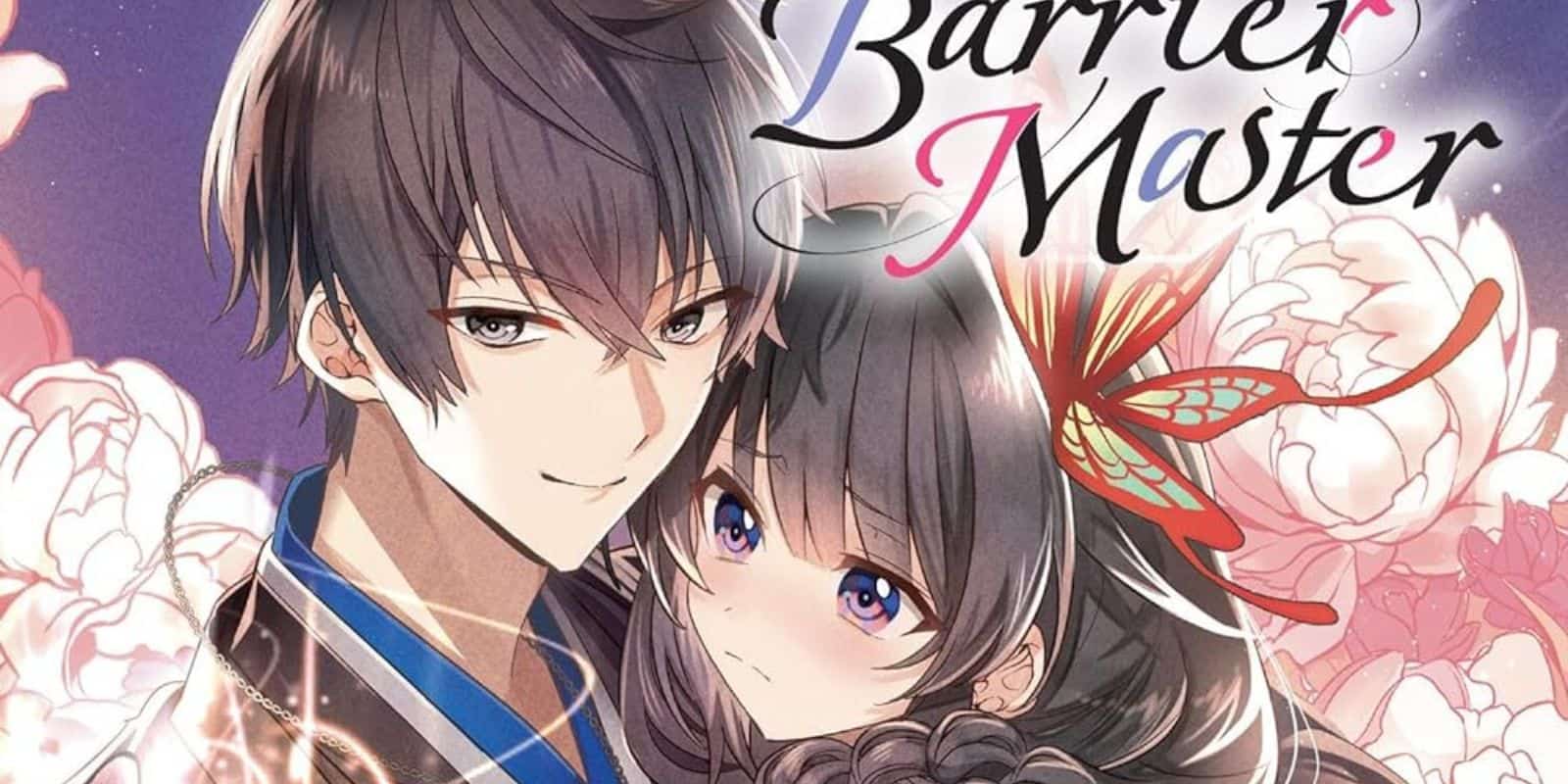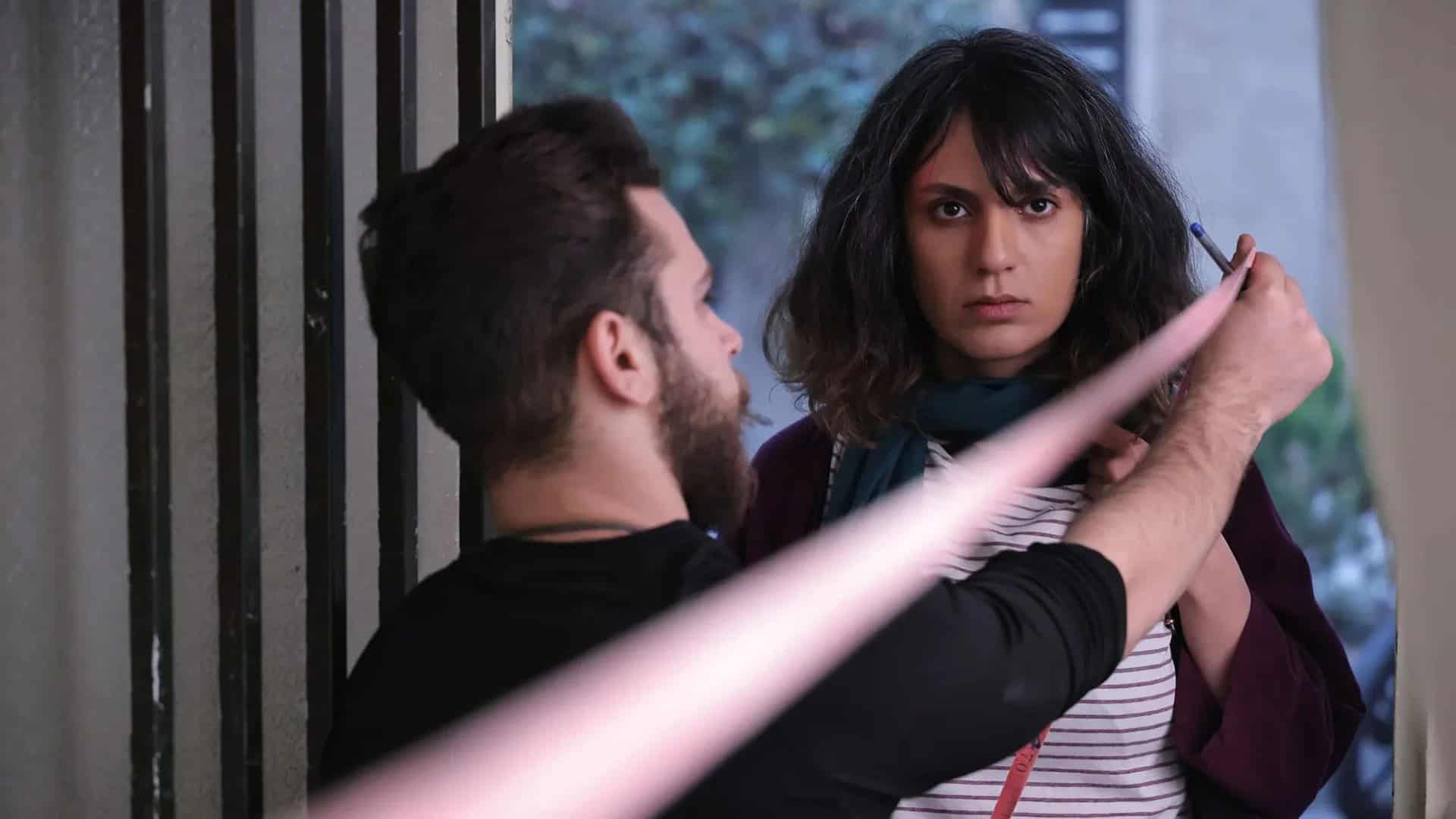Kazuya Shiraishi's films are always entertaining and well shot, but I feel that he only reaches his full potential when he is dealing with the Yakuza. “Last of the Wolves”, the sequel to 2018 “Blood of the Wolves”, is a testament to this fact.
“Last of the Wolves” is screening at Five Flavours Asian Film Festival

Three years after the events of the previous film, Hioka is not a rookie anymore, and has actually implemented his mentor's (Shogo Ogami) plan about keeping the peace between Odani-gumi and the Irako-kai to the fullest, making a lot of money in the process. The bad blood with Saga, one of the higher ups who knew exactly what happened with Ogami, still exists however, and when Hioka is transferred to the police precinct he is in charge of, the pressure begins to pile up, despite the fact that his new partner, veteran Takayuki Seshima is rather helpful and even welcomes him in his house. The real issue, however, which threatens to throw the precarious balance Hioka and the leaders of the two yakuza factions have retained until now is the release of Shigehiro Uebayashi, who is keen on revenge for his boss's death, and is willing to go to any extreme to achieve his goal, including fighting his own bosses. As Hioka “forces” a Korean immigrant named Kota to infiltrate Uebayashi's closed circle with the promise of a Japanese passport, he complicates the situation even more, particularly since his sister owns a bar that is affiliated with Uebayashi's enemies. Inevitably, soon all hell breaks loose.

The story, which is also based on the novel “Korou no Chi” by Yuko Yuzuki, is once more the best aspect of the movie, along with the characters and the implementation of violence. The transformation of Hioka, from an idealistic rookie to a cop who has fully adopted the corrupt but effective tendencies of his mentor, is among the most intriguing aspects of the story, also due to the way Shiraishi presents his inevitable downward spiral. The medium of this element is Uebayashi, who makes for a great villain, as his bloodthirsty ways that initially seem to derive from a sense of dedication and honour, are soon revealed to simply be the tendencies of a sociopath, who even manages to stand out in the worst way, in the already dominated by sociopaths world of the yakuza. The way the two are analyzed individually, their interactions, and their inevitable clash, emerge as testament to the quality of Shiraishi's direction, the story and of Tori Matsuzaka and Ryohei Suzuki's acting, respectively, all of which are top notch.
The corruption of the police, their ties with the yakuza who are also presented as having connection with the government, particularly after they have re-invented themselves as businessmen, are also well presented, adding more depth to the narrative. The events of the past and what transpires behind the scenes in the fashion of “Yakuza Papers” emerges as another great narrative element, also highlighting the job done in the editing, with the succession of scenes and the overall, rather fast pace, fitting the aesthetics of the movie to perfection.
On the other hand, the usual issue of the modern Japanese movies still emerges here, since the film is prolonged after what could be a great finale, with a series of brief sequences that are, essentially, unnecessary. At the same time, and according to the title, that the wolves are cut down, essentially meaning that the dangerous animals that were the yakuza of the past do not exist anymore, forms another great aspect of the story, as the two protagonists are presented as the last ones. This element is the only one that justifies the “extra” ending, to a point at least.
Apart from the two protagonists, the ones that stand out in terms of acting are also Nijiro Murakami as Kota, particularly in the way he is eventually revealed as a sheep among wolves, and Baijaku Nakamura as Takayuki, who proves that being kind and looking innocent and weak does not mean one cannot be intelligent and quite effective.
Lastly, Kohei Kato's cinematography is equally great, with him capturing the dark world of the yakuza through a very realistic bleakness, while his presentation of the action scenes and the violence that dominates works excellently for the narrative, through a no-punches pulled approach.
“Last of the Wolves” is another yakuza epic from the contemporary master of the genre.















